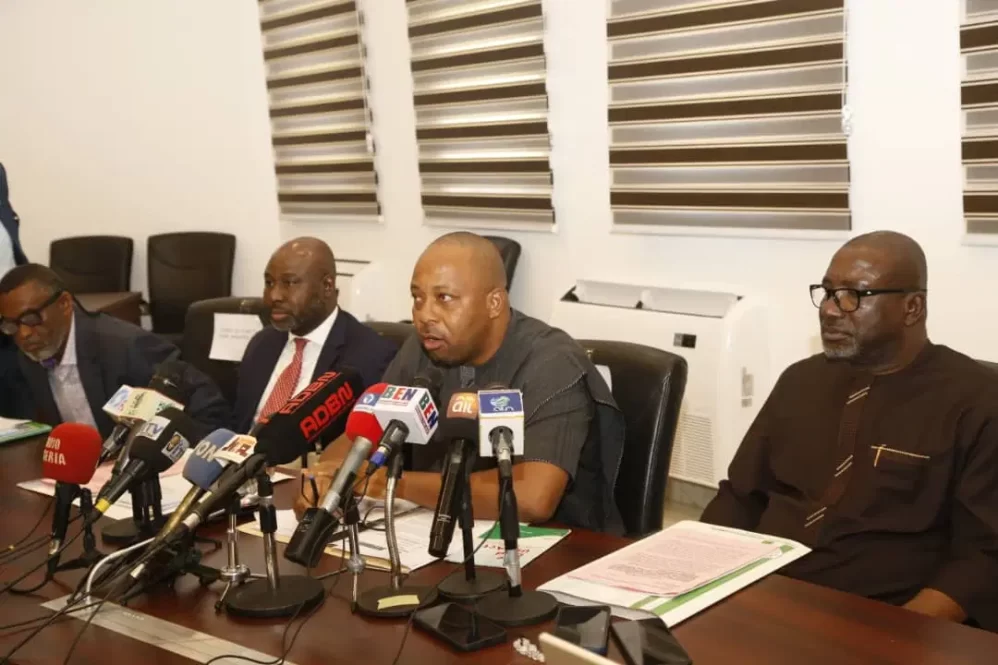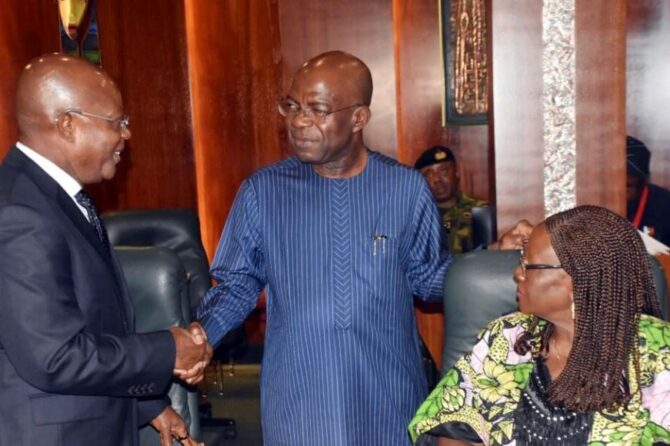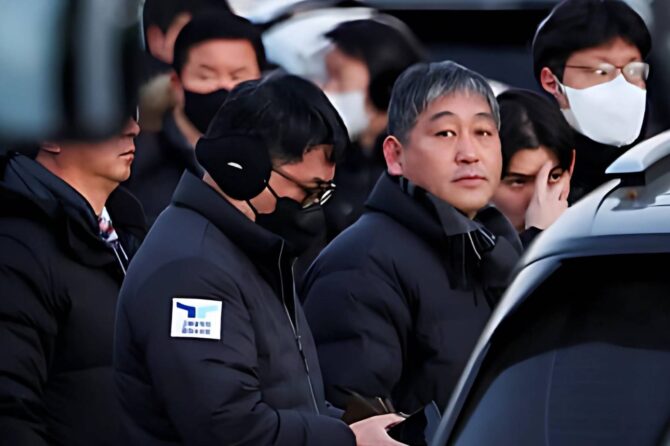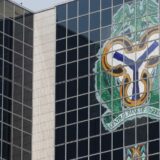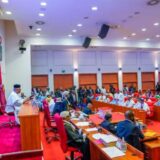FCTA Revokes PDP Land Title Over ₦7.6 Million Debt: Opposition Alleges Political Targeting
ABUJA — The Federal Capital Territory Administration (FCTA), under the leadership of Minister Nyesom Wike, has revoked the land title of the Peoples Democratic Party (PDP) over an outstanding ground rent debt of ₦7.6 million. The revocation is part of a broader crackdown on property owners in Abuja who have failed to pay ground rents, with nearly 4,794 land titles affected across the city.
Background: FCTA’s Crackdown on Defaulters
The FCTA recently announced its decision to revoke land titles for property owners who have defaulted on ground rent payments for over a decade. According to FCTA Director of Lands, Chijioke Nwankwoeze, this action complies with Section 28 of the Land Use Act, which allows for the revocation of Rights of Occupancy due to non-compliance with payment obligations.
The PDP’s Wadata Plaza, its national secretariat in Abuja, is among the affected properties. The FCTA stated that numerous warnings and public notices were issued to defaulters since 2023, but many failed to settle their debts.
“Ground rent payments are due annually on January 1 without demand,” Nwankwoeze emphasized during a press briefing.
PDP’s Reaction: Allegations of Political Vendetta
The PDP has condemned the revocation as a politically motivated attack aimed at stifling opposition voices. PDP National Publicity Secretary Debo Ologunagba described the move as “a clear attempt by the All Progressives Congress (APC)-led government to silence dissent and weaken democracy.”
Ologunagba further alleged that both Wadata Plaza and an under-construction PDP property in Abuja were targeted deliberately.
“This action is not just about revenue collection; it is a calculated effort to undermine our party’s operations ahead of the 2027 elections,” he said.
The PDP has vowed to challenge the revocation in court and has summoned an emergency meeting of its National Working Committee (NWC) to deliberate on further actions.
FCTA’s Position: Enforcing Accountability
Minister Nyesom Wike defended the FCTA’s decision, stating that it was not politically motivated but rather part of a broader effort to recover ₦6.9 billion owed by over 8,000 property owners in Abuja.
“This is about enforcing compliance with legal obligations. No individual or organization is above the law,” Wike stated.
The FCTA has given defaulters a 21-day grace period to settle their debts or face permanent loss of their property rights.
Implications of the Revocation
- Political Fallout: The revocation has heightened tensions between the ruling APC and opposition PDP, with accusations of political interference dominating public discourse.
- Economic Impact: The crackdown could deter future investments in Abuja’s real estate sector if seen as overly punitive.
- Precedent for Enforcement: Analysts believe this move signals a stricter enforcement regime for property ownership in Nigeria’s capital.
Conclusion: A Battle Between Law and Politics
The revocation of PDP’s land title underscores the intersection of governance and politics in Nigeria. While the FCTA insists it is enforcing legal obligations, opposition parties see it as a targeted attack on democracy. As both sides prepare for legal battles, this development is likely to shape political narratives leading up to the 2027 elections.


